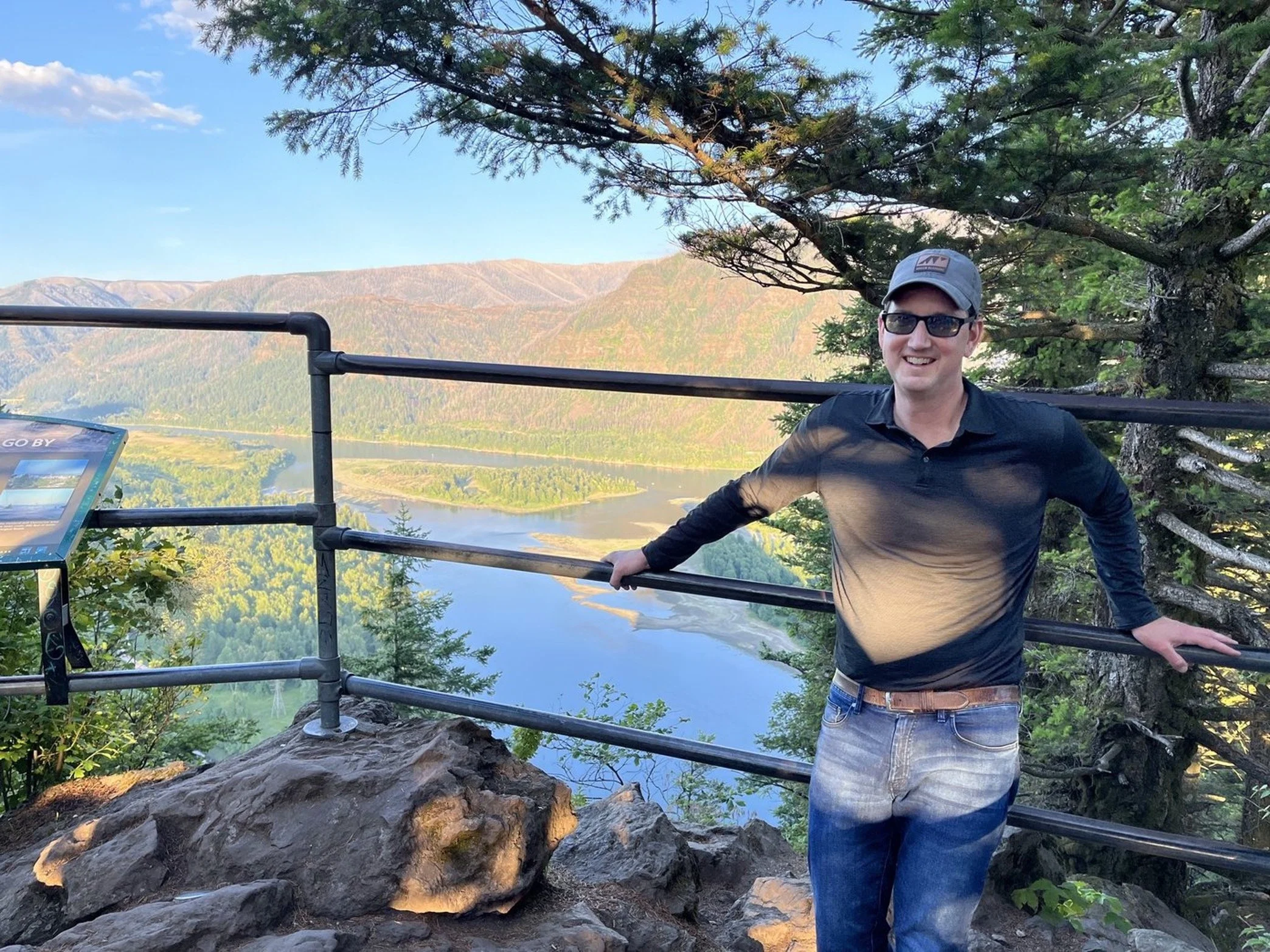The Army Corps of Engineers today formally denied a permit for the proposed Pebble Mine in Alaska.
In August, the Corps found the mine “cannot be permitted” as proposed under the Clean Water Act following a determination that discharges at the mine site would cause unavoidable, adverse impacts and significant degradation of aquatic resources in Bristol Bay.
Last week, the mine’s developers submitted a new plan for how it would abate the mine’s threat to this globally significant salmon fishery. The developer did not release the plan and the Corps declined to make it available for public comment.
The following is a statement by Lynn Scarlett, chief external affairs officer for The Nature Conservancy:
“Today's decision affirms what the science and local communities have said all along: Pebble is the wrong mine in the wrong place. The decision is a win for this world-class salmon fishery and the Alaska Natives who have thrived in this region for millennia. This is a commendable and necessary determination that will help protect this watershed and the economies it supports. We appreciate the Army Corps for making the right decision to deny the permit for Pebble Mine, and we’re grateful for the many people who have spoken up with their perspectives and expertise for years so that we could reach this moment.
“Even with this encouraging development, without permanent protection, Bristol Bay’s future is far from certain. Any outcome for the region must align with the health and well-being of Indigenous communities, including a focus on economic opportunity. This can only happen with collaboration, transparency and through decisions informed by science. We will continue supporting Tribal and local governments, Alaska Native corporations, businesses, and other stakeholders in their efforts to chart a sustainable and equitable future for Bristol Bay.”
Bristol Bay’s Washington Connection
The Bristol Bay salmon industry is essential to the Pacific Northwest, generating almost $500 million in economic output per year for the region and contributing $170 million to Washington’s economy annually. In addition to commercial fishing vessels based out of Seattle, almost all major Bristol Bay processing companies are based in Seattle, and most of the supplies and services used in fishing and processing are purchased from Washington.
“Thriving, sustainable salmon runs have all but disappeared from our planet, including throughout Washington. There is simply no replacing these resources once they are lost. Today’s decision to block Pebble Mine and protect Bristol Bay’s salmon, lands, waters and Indigenous cultures is a watershed moment. We are proud to stand with our partners in the region, including Alaska Natives who have fought this mine for a generation,” said Mike Stevens, Director of The Nature Conservancy in Washington.
“But the threat is not overcome without permanent, statutory protection of Bristol Bay. Continued collaboration will be key, and we look forward to working with Indigenous leaders, along with local and national policymakers, including Washington Senator Maria Cantwell who has been a clear, steady voice fighting for the protection of this world-class ecosystem.”
Banner photo by Bill McDavid



























